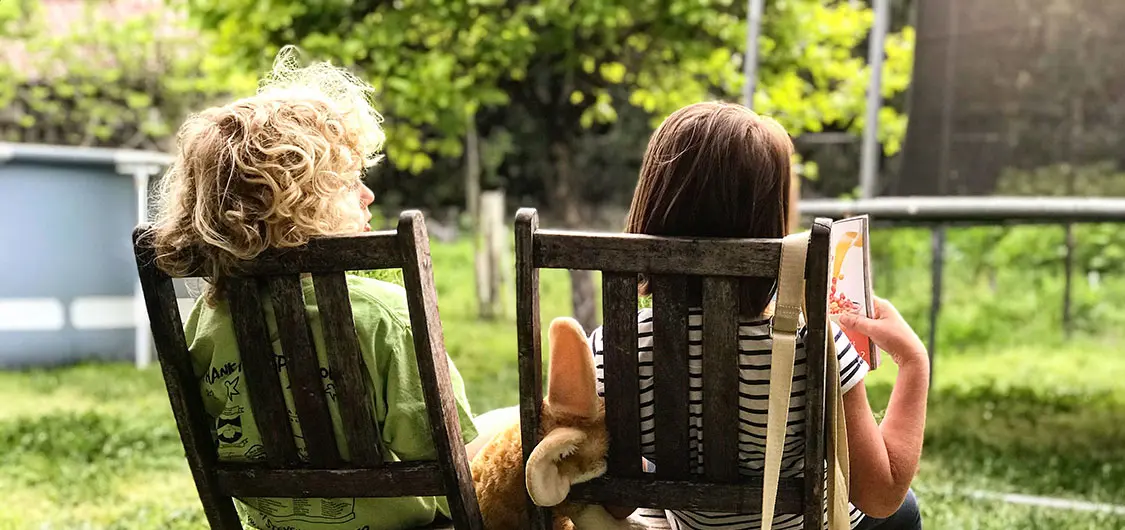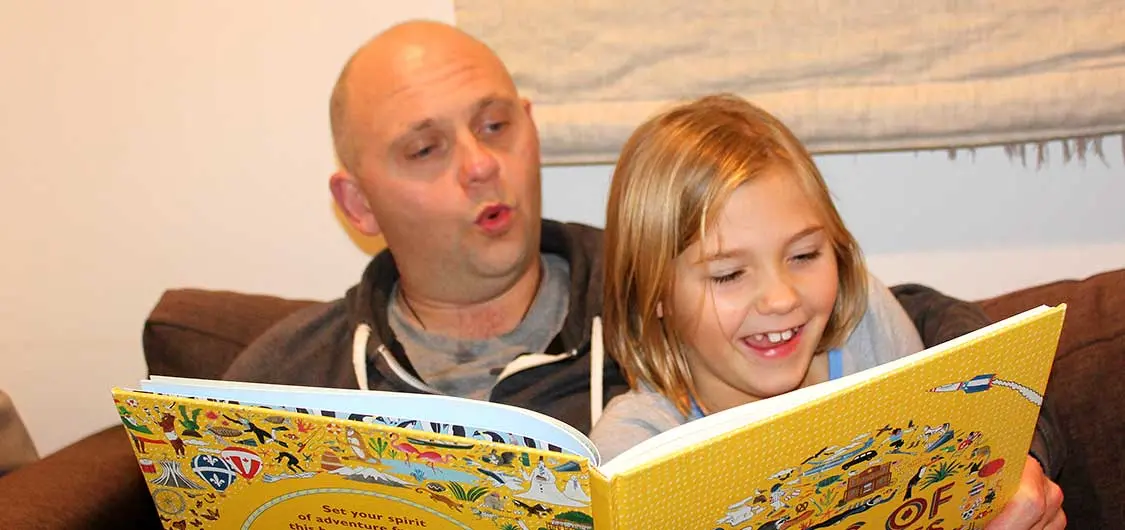Families — keeping your child or teen reading over summer

Image credit: Photo by Max Goncharov. Unsplash. License to use.
Learn ways parents, families, and whānau can support children or teenagers to read for pleasure over the holidays and avoid the summer slide in reading achievement.
Why reading for pleasure during the holidays is important
Children and teens who don’t read much over the long summer holidays can lose gains they've made in their reading levels and fluency over the year. This is true for all children, but especially for children who are already struggling readers. Children who keep reading over the summer holidays can avoid the 'summer slide' and may even make reading gains for the start of the next school year.
Research on the summer slide and summer reading
Help your child or teen read over summer
You don’t have to do what a teacher does. But you can help make sure they have something enjoyable to read. Summer reading is all about reading for pleasure. Even 10 minutes a day reading can make a big difference!
Members of your wider whānau — grandparents, aunties and uncles, and other family members — can also help. Long-distance whānau can share books through video tools such as Zoom, Skype, FaceTime and social networking tools.
Reading at home — find out how you can motivate and support your child to read.
Let children and teens choose their reading and keep it fun
Summer reading is about reading for pleasure. Take the pressure off and keep it fun. So, it's important your child gets to choose what they read with the focus on relaxation and enjoyment.
Easy reading is OK — getting into the reading habit, enjoying what they're reading, and finishing more books is more important than difficulty level.
Help children choose 'just right' books. Browse and look for interesting topics together.
Helping students choose books to read for pleasure
Avoid requirements for 'work' or 'study', such as writing book reviews. Instead, children and teens could keep a record of their reading through sites such as Goodreads, or taking note of the author/title/star rating.
Use our summer reading log (pdf, 518KB)
Provide plenty of reading material
Try a variety of formats and genres such as books, ebooks, comics, magazines and audio books.
Build your own summer library of borrowed, second-hand or new material.
My home library — tips on developing your home library by author Anne Fine.
Look at what's on offer at your public libraries
Visit the public library with children and ask library staff for advice about books to read. Allow your children to choose plenty of books. Most public libraries make their eBooks and eAudiobooks free to library members through apps such as Borrowbox or Libby.
Find out what they offer over the summer holidays, such as regular services, resources and programmes (including summer reading programmes).
Find out how your school library could help
See if you can take out a family membership.
Talk to school library staff about summer holiday reading and suggestions for books to read.
Find out if you can borrow books at the end of term. Check if the school library opens during the summer holidays.
School libraries — encourage summer reading
Make time for reading each day
Children and teens need to read every day to maintain skills. As well as reading, it's great to just share books, look at the pictures and talk about what children or teens are reading.
This might be a quiet time for children to read alone — it could be for 15 minutes, or just 3 bite-size sessions of 5 minutes a day.
Read aloud at bedtime.
Look at reading 'on the go' with eBooks.
Set aside some time to chat about books and reading — share things such as favourite moments, an event or character that really stood out
Ideas to help with reading, writing and maths — fun ideas from the Ministry of Education.
Be a reading role model and read together
Show children that reading is fun and important. It's important for children to see you reading and to be read to by adults. Boys especially need male reading role models, ideally dads or other whānau.
Use reading aloud tips and other strategies
By reading aloud to your child and talking about books, you develop their love of stories and reading. Children still enjoy and benefit from being read to, long after they can read by themselves. Ask your child's teacher and school library staff for reading tips you can use at home.
Reading together, as well as being fun, can help to build family relationships and close bonds between generations.
Share your success stories
You can help your child's school and the public library gather evidence on summer reading initiatives by:
talking about your child’s reading with teachers and library staff — share observations about how much they've read and whether they enjoyed it
filling out any pre- or post-summer surveys from the school/public library about your experience using the library for summer reading — getting books, participating in activities.
Find out more
Books and Reads — for kids and teens — use our Books and Reads tool to explore, find and share children’s and young adult (YA) books and reviews.
Book sorter — Summer Reading Challenge UK — books recommended by other children that you can browse and add to.
Top 10 tips for getting kids reading this summer — tips from Scholastic.
